Parental Accommodation I recently read an article that resonated with me in so many different ways as a Behaviour Analyst and mom of two. It started by stating that, “parental accommodation is when parents change their behaviour to prevent their child from experiencing temporary distress or discomfort.” This is something all parents, including myself, are often guilty of. No parent wants to see their child upset or hurting, but while we accommodate our child out of love, it is not helpful long term. Parental accommodation can present itself in many ways throughout your day, from the ways you prompt a response to the ways you avoid “triggering” or anxiety provoking situations. However, research shows that avoiding anxiety creates more anxiety, inflexibility creates more severe inflexibility, consistent prompting creates prompt dependence, and so on. So while our intentions are to help, it is important to notice how you may be hindering your child’s growth and their ability to live autonomously through your accommodations. 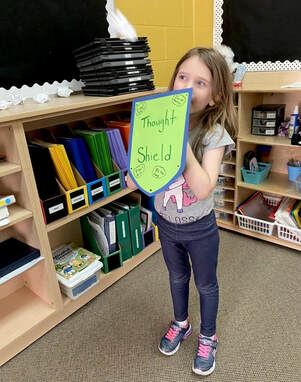 As a parent, the goal is to prepare your child for their future. I encourage you to take a step back, and think about your values and what is important to both you and your child as they grow. If independence and psychological flexibility is of importance, then at times during your child’s growth you will need to make the decision between the path that is easier versus the path that will lead you and your child to those values. Choosing to lessen your parental accommodations is not an easy choice, and one that will take a lot of effort, planning, and patience. However, our students have been exposed to a variety of tools at OBA that will help to increase their acceptance of the process. Parental accommodation often starts the moment a child wakes up. More often than not, a parent will make their morning smoother by picking out clothing and helping their child get ready for the school day. Instead, maybe try having your child pick their clothes the night before - not only teaching this skill directly, but also teaching them how to pick clothing according to the weather. Next, you might try a visual schedule to help them dress themselves, brush their teeth and hair, and meet you at the door when they are ready. For some, these steps may need to be broken down into smaller steps and for others you may be able to add steps such as packing their lunch. But either way, however you prompt them, it is important to plan to fade that prompt with the end goal being independence. A much bigger piece of parental accommodation is the way we avoid or give in to anxiety. Watching your child experience distress is hard, and this makes it easy to engage in avoidance or give in to their wants to temporarily stop the distress. However, these acts of love hinder our child’s ability to tolerate discomfort and utilize the strategies they have learned at school. For some children, something as small as putting an iPad away can lead to extreme distress, as well as anxiety for both the child and parent. But this is also a learning opportunity, a time to support your child in noticing how they are feeling and the steps they can take to change that feeling. In these moments, you can support them in dropping anchor, using their Advisor to determine if the thoughts they might be having are helpful or not, and defusing from them if they are not. In these moments, you can teach them how to be comfortable, when they are feeling uncomfortable. This is a skill that will help your child and family in all aspects of life. 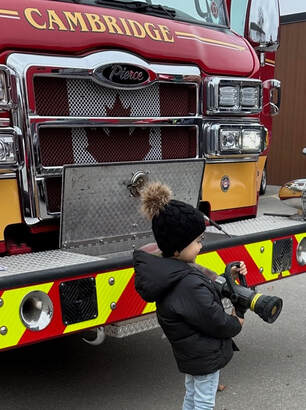 For other children, the “triggers” may include haircuts, bedtime, or community outings. There is a wide array of factors that may lead to these triggers, whether it be sensory related or the activity itself being something that is unpreferred. This often leads to unwanted behaviour, hence the parental anxiety that may accompany it. Recently, my son developed a fear of fires after experiencing his first fire alarm at school. This led to weeks of tears, stalled bedtimes, and nightmares. He would cry for hours not wanting to sleep alone, and then would wake distressed after a nightmare. During this time I allowed him to sleep with me, and it quickly became a new routine. As I reflected on those weeks, I realized I was enabling the fear and his inability to work through this anxiety, while also decreasing my own discomfort when seeing him so upset. So together, we came up with a plan to work through it by educating him on fires - we practiced our emergency plan and demonstrated how our alarms work. Once he felt safe, we tackled bed time. We came up with a reinforcement system, where three nights in his own bed meant a trip to the dollar store. It took a couple weeks to get there, but during that time when he awoke in the night, we used some known strategies and went back to his own bed to fall asleep. 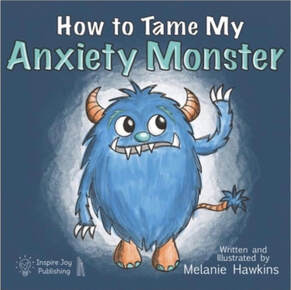 Whatever the reason, parental accommodation is always happening, because being a parent is hard sometimes. But these moments of anxiety are all teaching opportunities and ones that shouldn’t be avoided. Instead, I encourage you to reflect on your values and the parental accommodations that are not helpful, or hindering your child’s growth. And make a goal to work through some of them in a way that is guided by your family values. There will be different ways to approach it, and at OBA there is always a team of staff available to help you! Yours truly, Tina
0 Comments
|
AuthorWrite something about yourself. No need to be fancy, just an overview. Archives
March 2024
Categories |
Oak Bridge Academy |
|
Registered Charity # 71154 4296 RR0001
|
Website designed by JS Websites
|
© Oak Bridge Academy, 2024 | All Rights Reserved
|

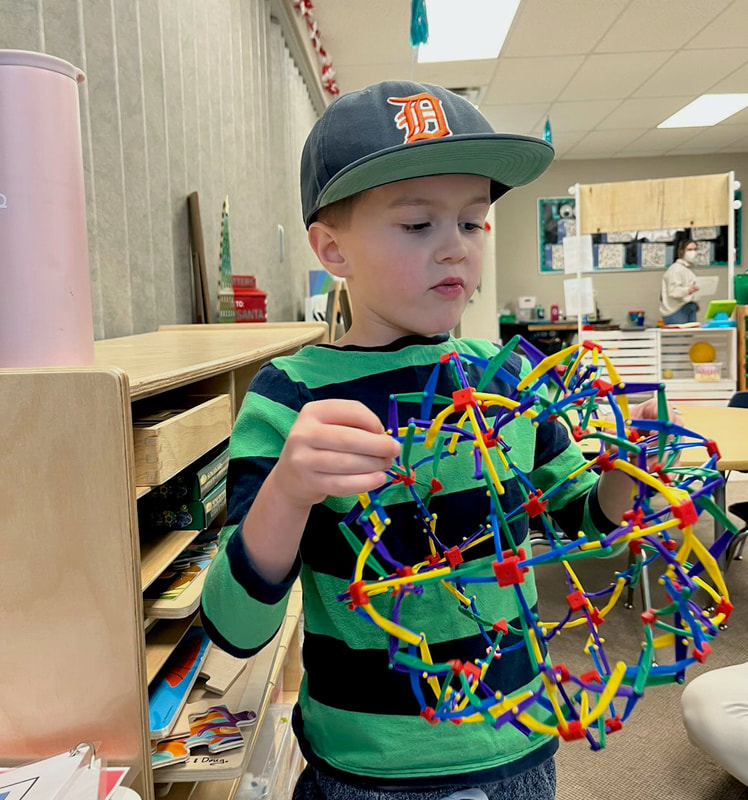
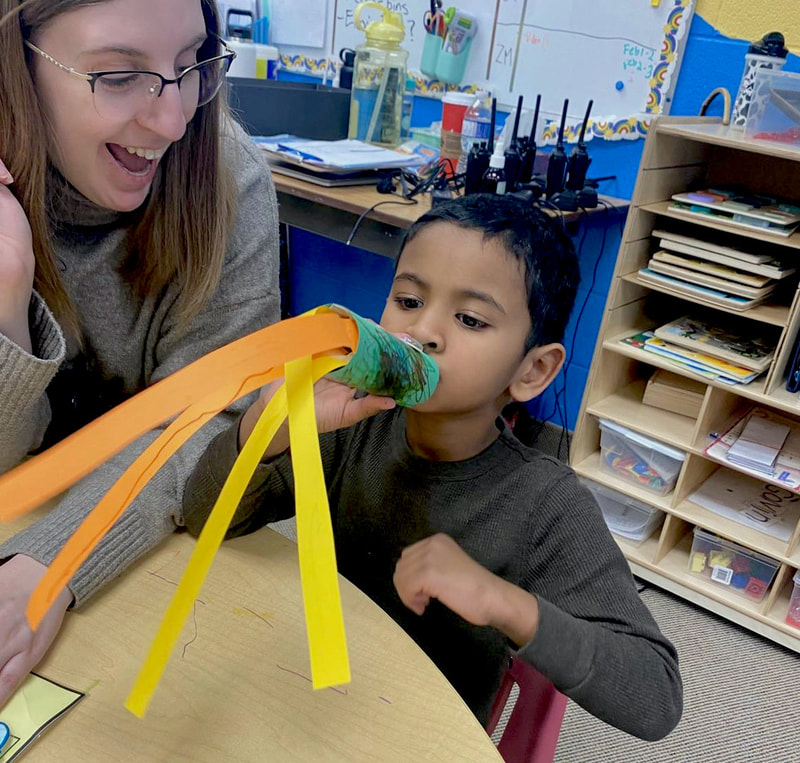
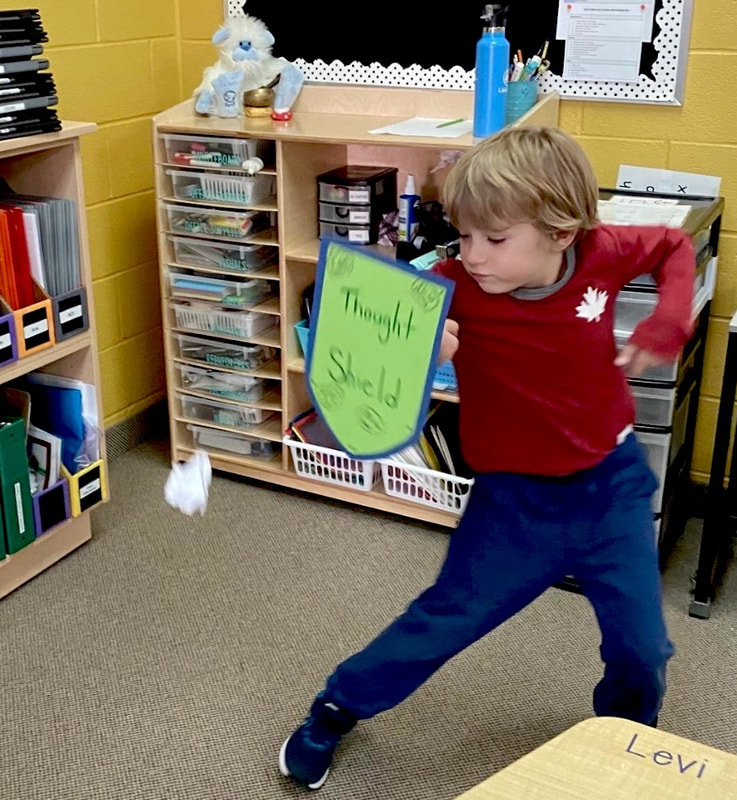
 RSS Feed
RSS Feed


